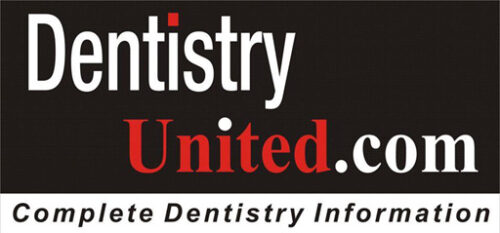-
Thorough Preparation for Dental Procedures
Before beginning any dental treatment, it’s essential to review the patient’s medical history, X-rays, and previous clinical notes. This step ensures a complete understanding of their oral health status and aids in creating an effective treatment plan. Proper preparation also includes organizing all necessary tools and materials to streamline the procedure.Effective Communication with Patients
Clear communication is key to building trust and ensuring patient comfort. Explain the procedure in detail, address any concerns, and keep the patient informed throughout the process. Simple gestures, like offering a paper napkin during treatment, can significantly enhance their experience.Mastering Proper Technique
Using the correct instruments and techniques is critical for successful dental procedures. Precision and care not only improve outcomes but also reduce the risk of complications. Always prioritize safety and accuracy in every step of the treatment.Prioritizing Patient Comfort
Minimizing discomfort is essential for patient satisfaction. Use appropriate local anesthesia and maintain open communication to address any pain or anxiety during the procedure. A comfortable patient is more likely to have a positive experience and trust your care.Strict Infection Control Practices
Infection control is non-negotiable in dentistry. Always wear proper PPE, sterilize instruments, and disinfect surfaces to prevent the spread of infectious diseases. These measures protect both patients and dental professionals.Accurate Documentation of Procedures
Detailed documentation is crucial for tracking patient progress and ensuring continuity of care. Record all aspects of the procedure, including any complications, to maintain a clear and comprehensive patient record.Post-Procedure Follow-Up Care
Follow-up care is vital for monitoring healing and addressing any issues. Provide patients with clear post-procedure instructions and schedule follow-up appointments to ensure optimal recovery. This step reinforces trust and helps identify any complications early.Author: Dr. Syed Nabeel, BDS, D.Orth, MFD RCS (Ireland), MFDS RCPS (Glasgow), is a dedicated dental professional with a special interest in Neuromuscular Dentistry (NMD). With over two decades of experience, he has been committed to diagnosing and managing occlusal and temporomandibular joint (TMJ) disorders using a patient-centered approach that integrates the principles of neuromuscular occlusion.
Alongside his clinical work, Dr. Nabeel is deeply interested in digital dentistry and the role of artificial intelligence (AI) in dental practice. He believes that technology has the potential to enhance patient care by improving diagnostics and treatment precision. His work in this field reflects his curiosity and dedication to advancing dentistry in meaningful ways.
Dr. Nabeel also enjoys sharing knowledge and has been lecturing extensively on neuromuscular dentistry. His approach to teaching emphasizes practical insights, evidence-based methods, and a focus on patient well-being, making his sessions both engaging and valuable for fellow professionals. Additionally, he is a sought-after speaker and blogger on practice management, where he provides insights on optimizing workflow efficiency, patient engagement, and the integration of modern technology in dental practices.
Based in Mysore, India, Dr. Nabeel is the founder of Smile Maker, a practice where he strives to combine advanced diagnostic tools with personalized treatment plans to help patients with occlusal and TMJ-related concerns. With a strong commitment to continuous learning and improvement, Dr. Nabeel remains deeply invested in the evolving landscape of dentistry, always seeking ways to enhance patient outcomes with care and compassion.

